Food waste is a significant issue across households worldwide, with the UK alone generating a staggering 4.7 million tonnes of food waste annually, costing over £4.9 billion.
This not only strains the environment but also contributes to harmful greenhouse gas emissions when dumped in landfills. However, through the rise of waste disposal units (WDUs), they offer a practical solution to curb this growing problem.
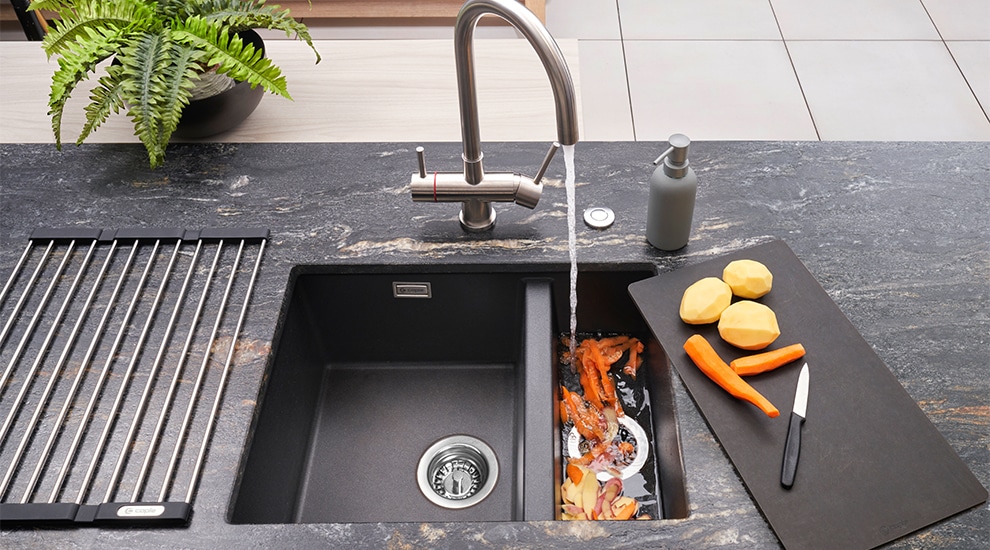
Under-sink waste disposal units have emerged as a game-changer in waste management, effectively reducing food waste destined for landfills. These units swiftly grind leftover food into minuscule particles, diverting them to water treatment plants instead of rotting away in landfills.
With four Caple WDU models to choose from, waste disposal units have become a cornerstone of sustainable living. The variety of models cater to different household needs and budgets.
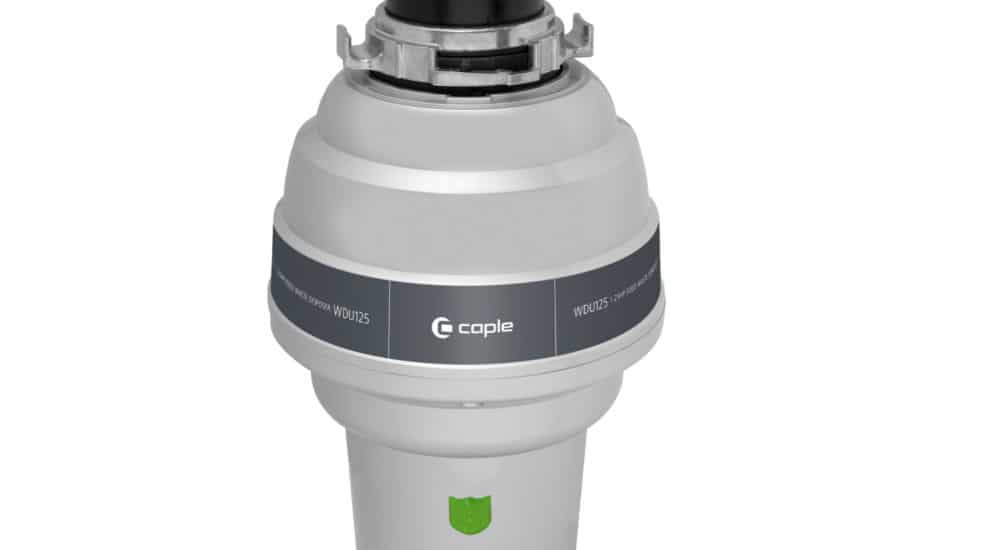
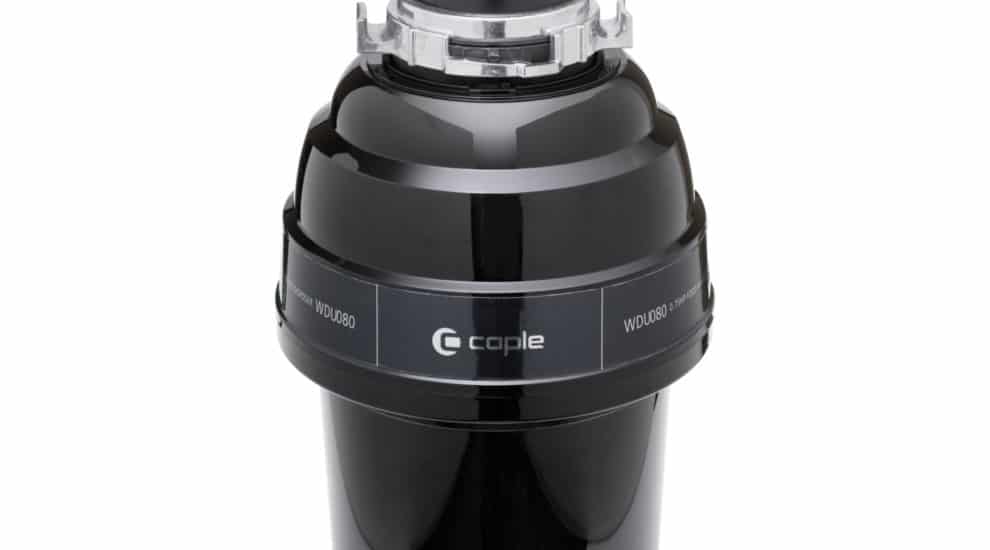
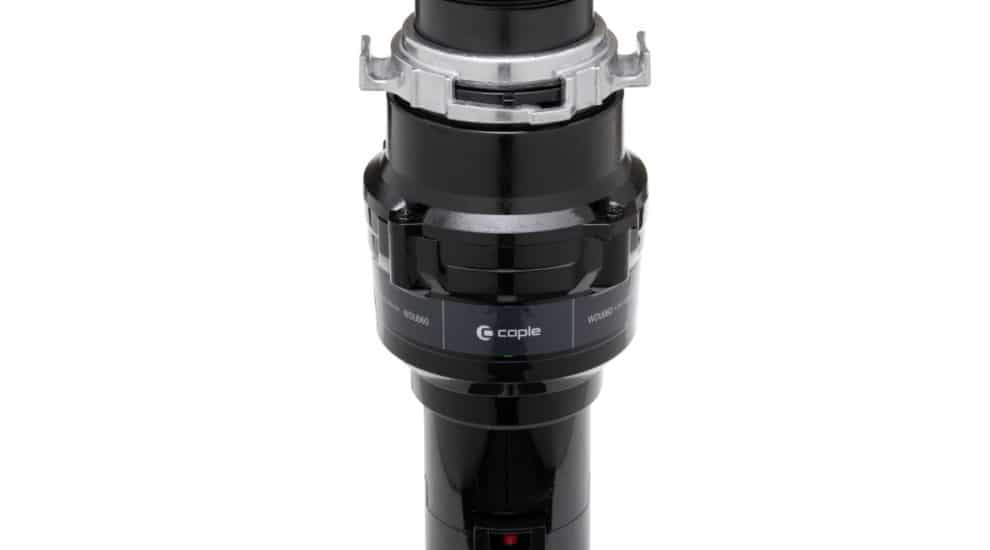
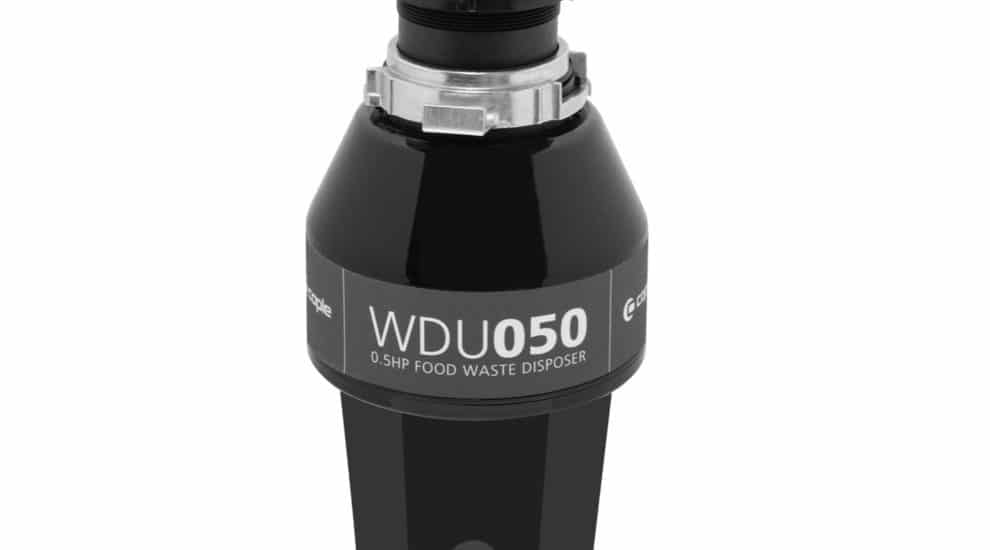
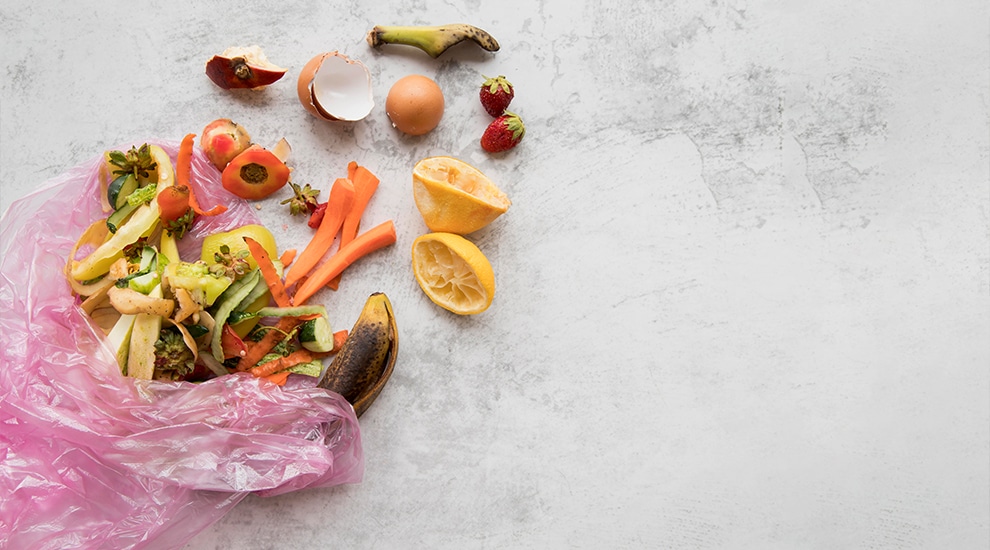
Beyond waste reduction, waste disposal units offer unparalleled hygiene benefits. Say goodbye to foul odours and insect infestations commonly associated with traditional food waste disposal methods.
By eliminating the need for food scrap containers, waste disposal units keep your kitchen fresh and clean, enhancing overall sanitation.
Understanding what can and cannot be disposed of in waste disposal units is crucial for optimal performance and longevity. While food scraps like fruit and vegetable peels, coffee grounds, small bones, cooked rice or pasta, and eggshells are fair game, items such as grease, large bones, and fibrous foods should be kept out.
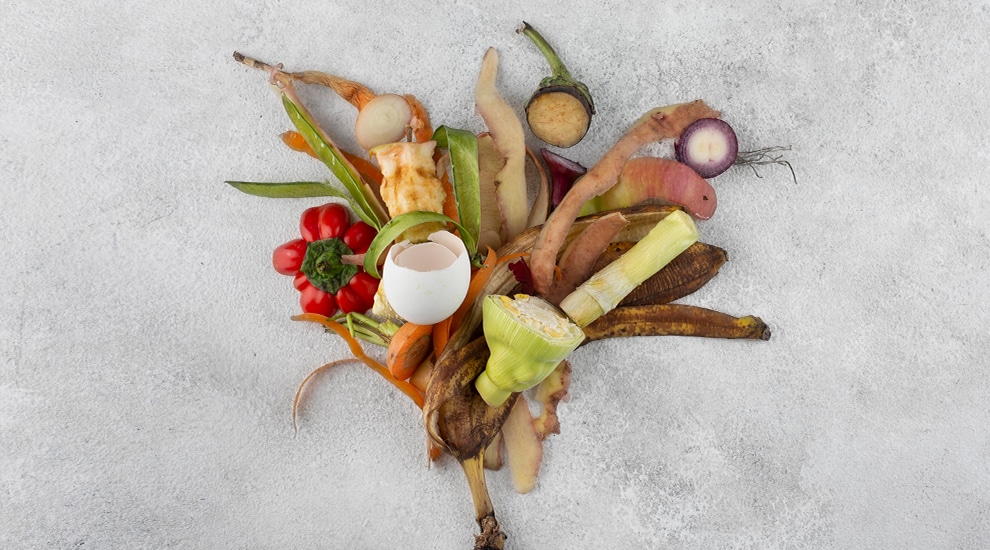
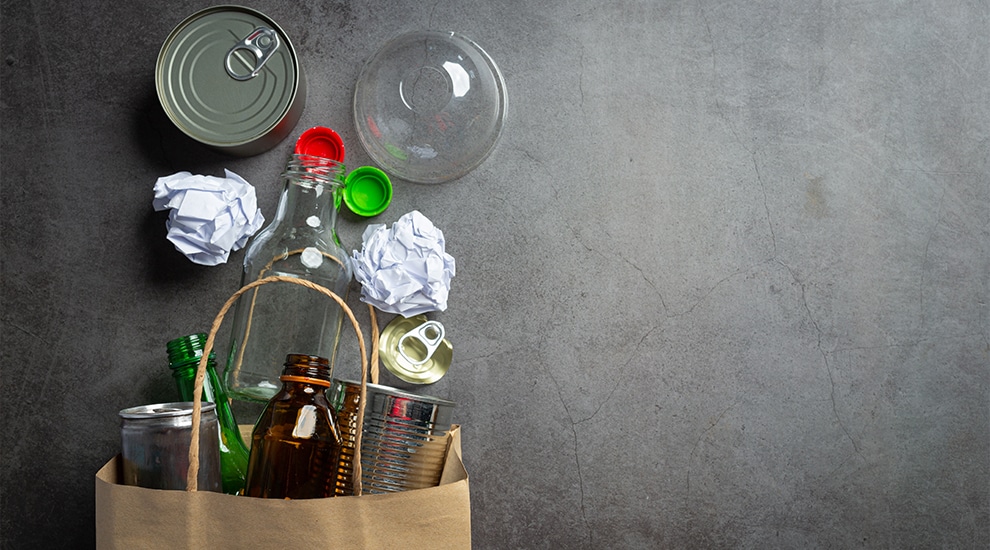
Remember to only use cold water when grinding food waste and avoid putting non-food items like tin cans or glass in the disposal—it’s meant for food waste only! Take it easy on the amount of food you put in at once; a little at a time is best. And be sure to steer clear of super fibrous foods like corn husks to prevent any pesky blockages. Lastly, let the unit run until it’s finished grinding, then turn it off. Following these tips will help keep your disposal happy and your kitchen running smoothly!
Embracing sustainability extends beyond waste disposal units. Engaging in initiatives like NGO WRAP’s Food Waste Action Week fosters awareness and encourages proactive measures to combat food waste.
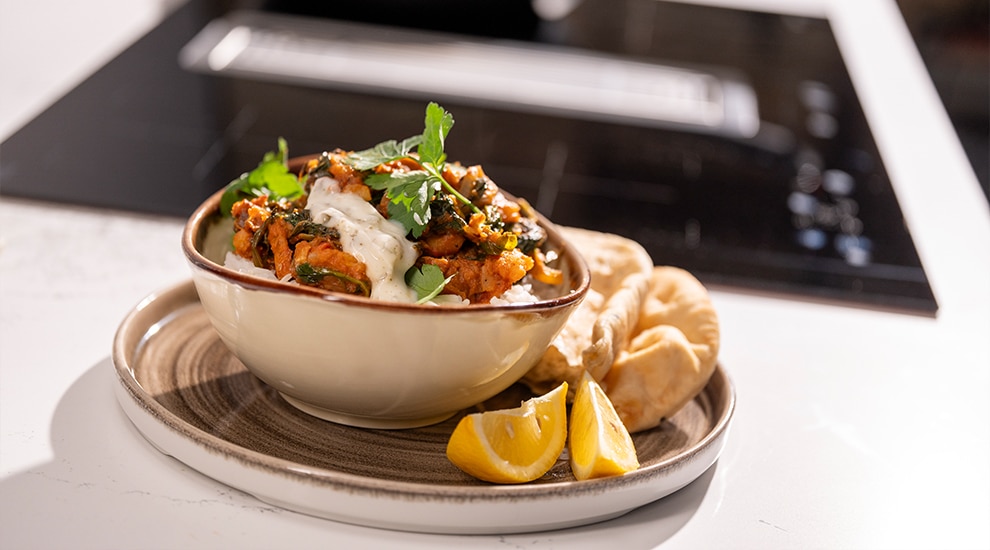
We enjoyed the week by preparing a scrumptious saag aloo recipe made from leftover greens and potatoes, reducing waste in the process! This dish was not only a flavourful way to repurpose ingredients but also a perfect choice to celebrate the current occasion of Ramadan. By incorporating leftover ingredients into recipes, households can minimise waste and contribute to a greener future.
View this post on Instagram
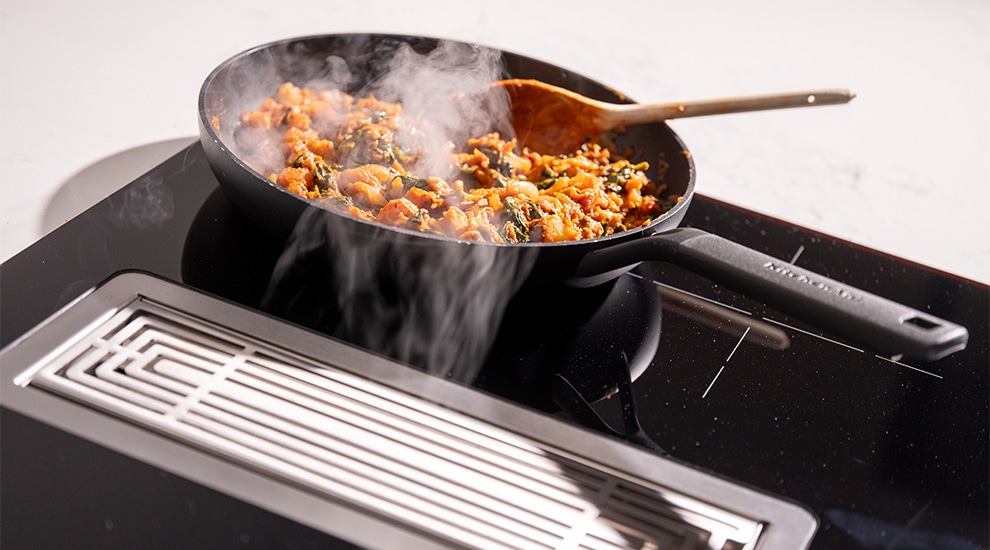
To keep the kitchen smelling fresh, we relied on the energy A-rated DD780BK induction downdraft. Complementing waste disposal units, innovative kitchen appliances like the DD780BK combined with the GUC1314 plasma filter offer additional benefits for fresher living.
These space-saving designs and advanced filtration systems ensure a clean and inviting kitchen environment. With its electrostatic discharge technology, PlasmaMade filters effectively filter out airborne contaminants, including cooking odours, allergens, bacteria, fungi, pollen, fine dust and pet allergens.
In the pursuit of sustainability, every meal counts. By embracing waste reduction practices and incorporating efficient technologies into our kitchens, we can collectively work towards a greener, more sustainable future.
Learn more about our previous initiatives for Zero Waste Week here.